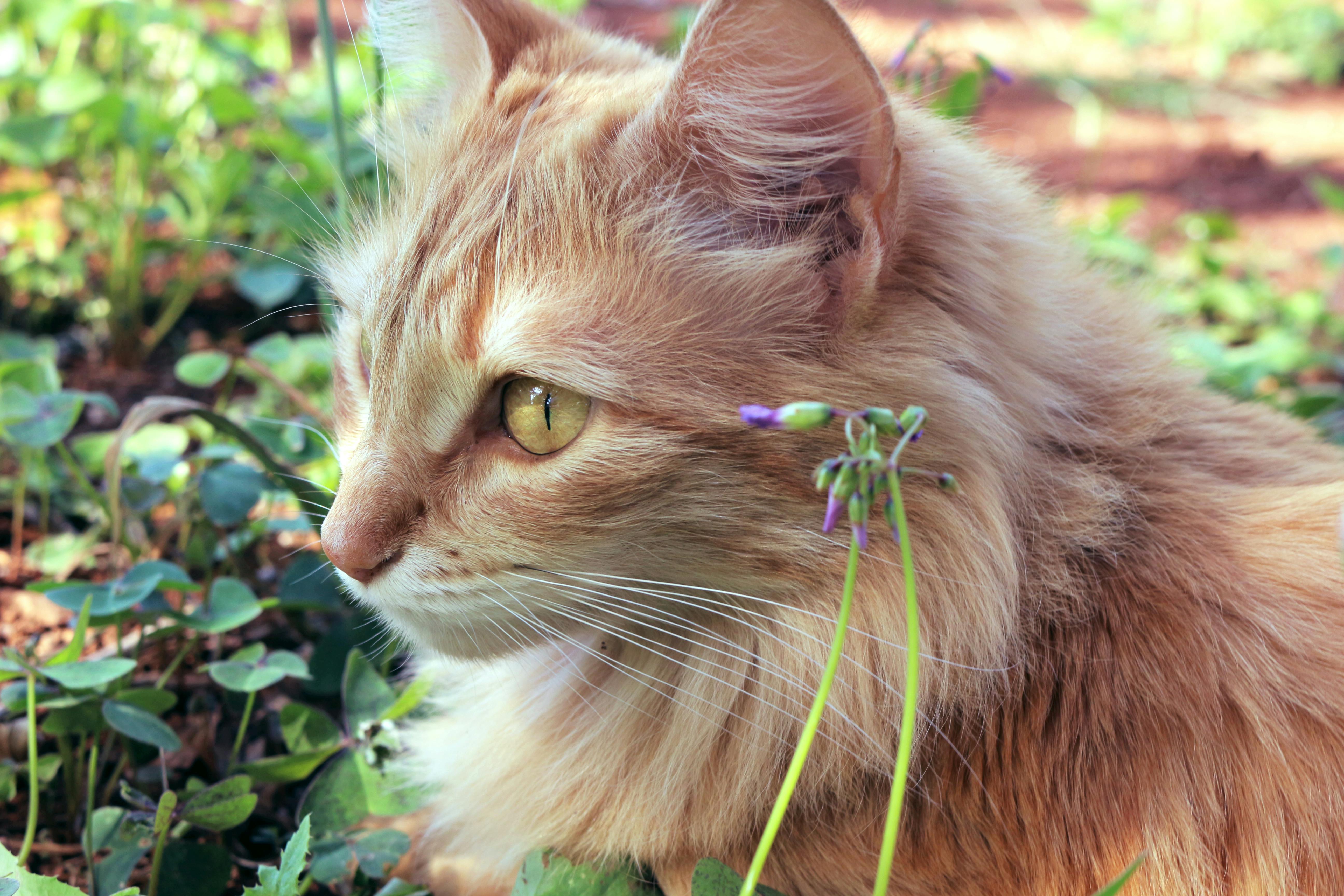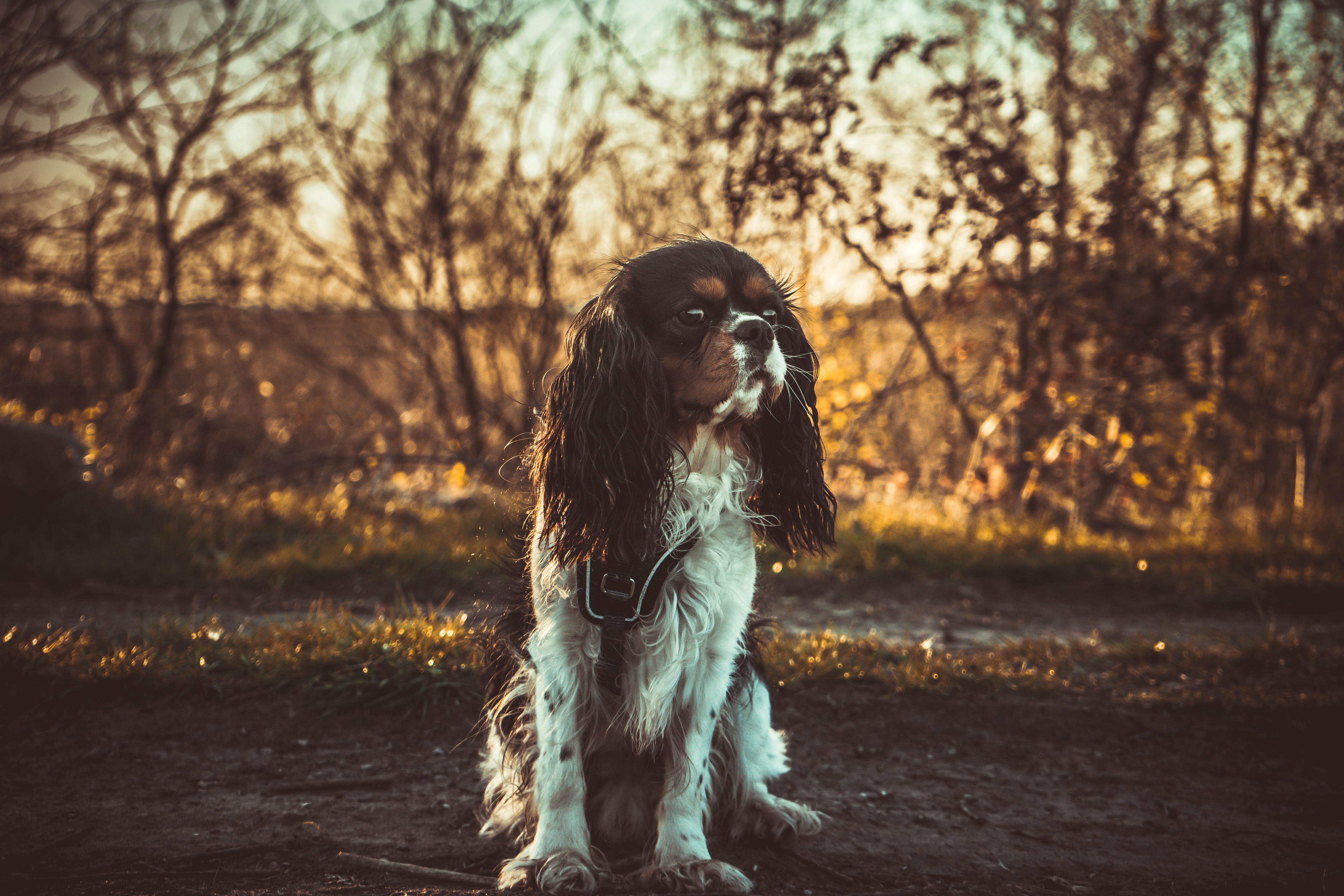First, what constitutes brewed coffee, other than caffeine? Nutrition experts agree that ground coffee contains magnesium, phosphorus, potassium, copper, manganese, and traces of calcium. Nitrogen, phosphorus, and potassium are the necessary ingredients for garden soil. They match the numbers you see on most fertilizer bags. So coffee has what plants need to grow.
There seems to be some debate as to whether coffee produces nitrogen or not. Most agree that coffee grounds contain 1.5-2.2% nitrogen. However, some feel that nitrogen is not available to the soil or plants until the soils themselves begin to decompose.
Others say that you must compost the coffee grounds with other plants to release the nitrogen in the decomposition process. They recommend adding nitrogen to the soil if only the soil is used. Decomposing grounds attract nitrogen-consuming microbes, hence the need to add nitrogen if only coffee grounds are used as fertilizer.
Therefore, to be safe when it comes to fertilizing, it is best to dump the coffee grounds along with other compost in the garden in fall and winter to give them time to be best used for spring planting.
When I dumped the coffee grounds on the ground last fall and spring, I didn’t compost it. I used 8-10 cubic feet of a peat and compost mix in the spring that I emptied all over my garden, which measures 13 by 33 feet. I turned the soil about 6-8 inches deep before planting. I have never had tomatoes that produced so much in my four years of gardening.
How does the acid in coffee affect things? The coffee you drink is acidic, but the subsequent grounds are closer to being neutral on the pH scale. Some argue that they retain their acid level until they combine with compost and its microbes, which neutralize it. Either way, acid is great if your soil is low in it (alkaline). In the West, where I live, the soils are alkaline and approaching neutrality or increasing the acid content is a good thing for my strawberries, blueberries, raspberries, and radishes. Note that you must use a little soil to make a real difference on the pH scale.
Coffee grounds have other benefits besides being a fertilizer. They increase the heat in the soil better than most composting materials, including manure. These high temperatures kill weed or vegetable seeds that may have made it into the compost pile. If you’re considering raised beds, consider lining the bottom edges with coffee grounds to prevent weeds from creeping in.
Other benefits of using coffee grounds in the garden include its ability to attract earthworms, thereby improving soil structure. It even prevents cats from pooping in your yard. (Instead, our neighborhood poops outside the garden!) If tomato blight is a concern, there are those who think the copper in coffee grounds is keeping it at bay.
Coffee grounds are also good for keeping pests away from both indoor plants and outdoor flowers, such as hostas, roses, lilies, peonies, or those that grow from bulbs. Caffeine discourages slugs and snails. You can add about 2 cups of grounds to a 5 gallon jug of water and let it sit overnight. Use it to water the plants and don’t be afraid to water the leaves too.
So whether coffee grounds include enough nitrogen to be used as a fertilizer, its pest-deterring qualities and its attraction to earthworms have convinced me of its benefits. If you are not a coffee drinker, ask your local coffee shop if you can keep your coffee leftovers. Not only does it help them get rid of waste, but it also helps them create a more abundant, economical and organic garden.




